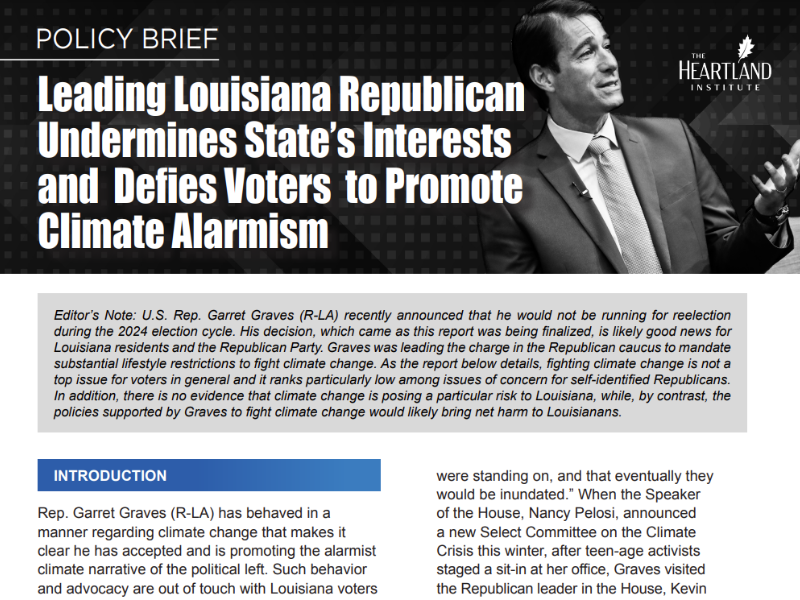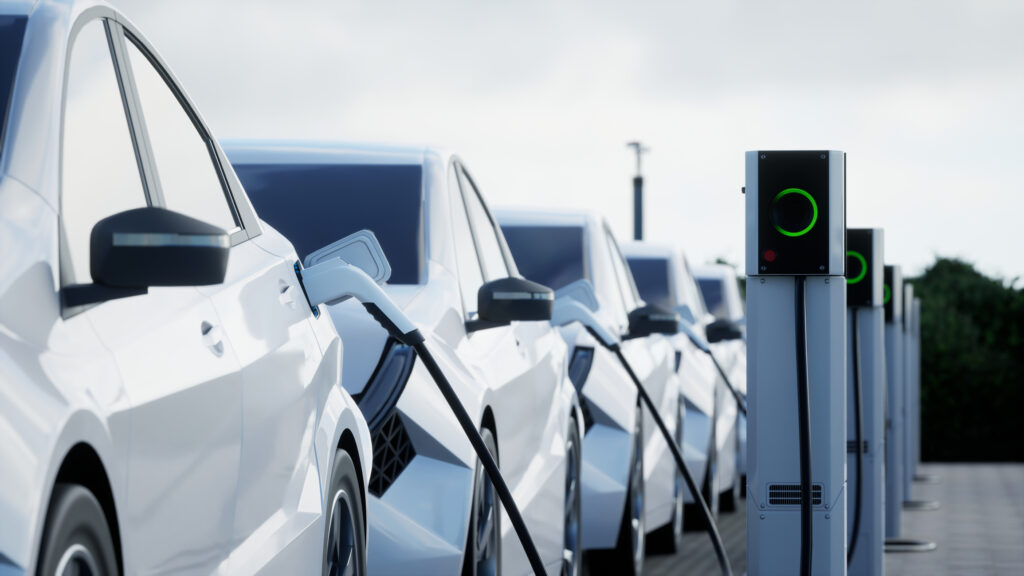Last week I received a “Home Energy Report” flyer from Commonwealth Edison, my electricity provider in northern Illinois. The leaflet compared my energy usage to neighbors over the last two months and declared, “You used 41% MORE electricity than your efficient neighbors.” Should I be concerned about this?
My wife and I use energy, but don’t waste it. For years I’ve driven my family batty, turning off lights in vacated rooms. During the summer, my wife dries laundry in the sunshine, rather than in the dryer. We also have many of the compact fluorescent bulbs. We take these measures to lower our energy bills, not for other motives.
Isn’t it odd that ComEd, a company in the energy business, is encouraging their customers not to use it? Imagine a mailer from Coca-Cola pointing out that you drank 41% MORE soft drinks than your neighbor. Or a letter sent from Apple telling you that you needed to reduce your iPhone and iPad purchases.
A visit to the ComEd website provides some answers. First, the company is required to use part of customer payments to urge Illinois customers to reduce electricity consumption by the Illinois Public Act 95-0481. But second, the website is filled with ideological nonsense. In the Saving Energy section of the website, we find a yellow “Power Bandit” and the statement, “Saving Energy was never so much fun! Beat the Power Bandit and learn lots of ways to save energy, save money and help save the planet!” Does ComEd really believe that we can save the planet by changing light bulbs?
For decades, environmental groups have waged war on energy. They warn that increased energy usage will pollute the Earth, destroy the climate, and rapidly exhaust natural resources. They demand substitution of dilute, intermittent, and expensive wind, solar, and biofuel energy for traditional hydrocarbon or nuclear power, which is an excellent way to reduce energy usage. They tell us that nations which use the most energy do the most environmental damage.
National and state governments have swallowed the “energy usage is bad” ideology hook, line, and sinker. Twenty-nine states have enacted Renewable Portfolio Standards laws, requiring utilities to use an increasing percentage of renewable energy or be fined. Hundreds of federal and state policies subsidize and mandate renewable or reduced energy usage, including light bulb bans, vehicle mileage mandates, wind and solar subsidies, ethanol fuel mandates, and energy efficiency programs. These policies collect additional taxes from citizens and boost the cost of electricity.
But, actual trends and empirical data show that our planet is not in imminent danger. Air and water pollution in the United States is at a fifty-year low. According to Environmental Protection Agency data, airborne levels of six major pollutantsdeclined 57 percent from 1980 to 2009 even though energy usage was up 21 percent and vehicle miles traveled were up 93 percent. International data shows that pollution is lowest in high-income nations that use high levels of energy, such as Canada and Sweden, but highest in developing nations, such as India and Indonesia. The best way reduce pollution in developing nations is to increase per capita incomes, not to restrict energy usage.
Similarly, there is no empirical evidence to show that mankind is destroying Earth’s climate. Mankind’s comparatively tiny emissions of carbon dioxide, a trace gas in our atmosphere, cause only an insignificant part of the greenhouse effect. Global surface temperatures have been flat for more than ten years despite rising atmospheric CO2. Hundreds of peer-reviewed studies report warmer temperatures 1,000 years ago than temperatures of today. A review of history shows that today’sstorms, droughts, and floods are neither more frequent nor more severe than past events.
Nor are we rapidly exhausting Earth’s energy resources. We’re at the dawn of a hydrocarbon revolution, triggered by the new techniques of hydraulic fracturing and horizontal drilling. Mankind now has access to centuries of petroleum and natural gas from shale fields, which can be accessed with cost-effective and environmentally-safe methods.
Yet, the “energy is bad” ideology continues. Grade school students are taught that renewable energy is good and that hydrocarbon energy is bad. The EPA is waging a war on the U.S. coal industry. Demonstrators urge President Obama to stop the Keystone pipeline. And utilities tell us how we can “save the planet.”
By the way, reports state that the 20-room Tennessee house of former Vice President Al Gore devours more than 20 times the national average electricity usage. I wonder what rating Mr. Gore would get in a ComEd “Home Energy Report?”
Steve Goreham is Executive Director of the Climate Science Coalition of America and author of the new book The Mad, Mad, Mad World of Climatism: Mankind and Climate Change Mania.
[First published in The Washington Times].





